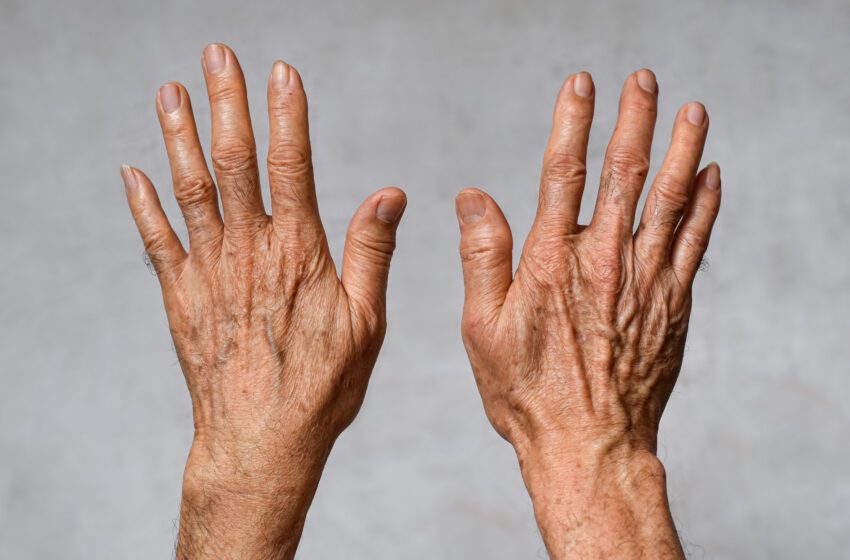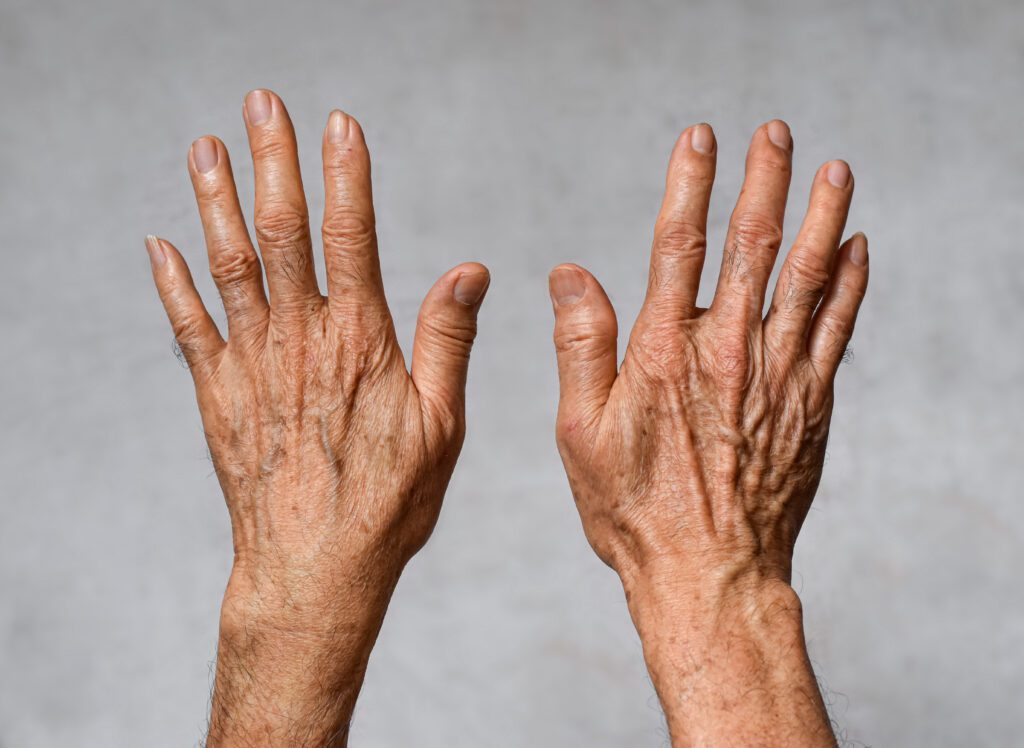Topically applied nanoparticle-encapsulated cannabidiol cream helped prevent and repair damage to the skin from ultraviolet A radiation, according to a study.
“The impacts of ultraviolet (UV) radiation are well described from accelerated skin aging to skin cancer and, while sunscreens and other protective measures are certainly helpful, none of them are full proof,” Adam Friedman, professor and chair of dermatology at George Washington University School of Medicine & Health Sciences and a member of Healio Dermatology’s Peer Perspective Board, told Healio. “We need other ways to address these exposures and cumulative exposures to UV radiation.”
According to a study conducted by Friedman and his colleagues and published in the Journal of the American Academy of Dermatology, CBD has anti-inflammatory and antioxidant properties that could potentially mitigate damage from ultraviolet A exposure, according to reports.
“UVA radiation is, in some cases, more dangerous than ultraviolet B,” Friedman explained. “For one, it doesn’t burn even close to as much as UVB, so you don’t really know you’re getting exposure.
“It also gets through clouds and penetrates deeper into the skin, which causes accelerated skin aging by destroying the support structures in the skin like collagen [and] elastin, as well as preventing rebuilding,” he added.
As a result, Friedman and his colleagues evaluated the potential of CBD as a topical photoprotective and possible reparative agent against UVA-induced skin damage in a prospective, single-center, pilot clinical trial.
In the study, 19 participants (age range, 22 to 64 years; Fitzpatrick skin types I-III) applied nano-CBD cream, formulated for the skin, or vehicle cream to random, blinded areas of the buttocks twice-daily for 14 days. The treated sites were then irradiated with three or less UVA minimal erythema doses. After 24 hours, the researchers obtained and examined punch biopsies for histology, immunohistochemistry and real-time polymerase chain reaction.
Results showed that 21% of the participants had less observable erythema on the parts of their skin that were treated with CBD cream vs. the areas that were treated with vehicle. Histology results confirmed that CBD-treated skin had reduced UVA-induced epidermal hyperplasia — a thickening of the epidermis — compared with the vehicle-treated skin (mean change from baseline, 11.3% vs. 28.7%; P = .01).
Immunohistochemistry also detected reduced cytoplasmic/nuclear 8oxo-guanine glycosylase 1 staining in CBD-treated skin vs. vehicle-treated skin, meaning the CBD-skin experienced less oxidized DNA modification (P < .01).
According to Friedman, their study also showed that in 50% of individuals, CBD cream stopped UVA-induced deletion of ND4 — a specific injury to DNA that occurs from UVA exposure — compared with vehicle-treated skin. Additionally, no side effects were reported.
So, what is the future of CBD cream in this indication? Will it replace sunscreen? According to the researchers, it absolutely will not.
“This isn’t a sunscreen,” Friedman emphasized. “The idea here is not that this will replace sunscreen but that it will prevent or repair damage.”
Friedman explains that the sun harms the skin by breaking it down and inhibiting the mechanisms that allow collagen to rebuild. However, CBD may be able to regulate that damage.
“It’s not just that CBD is inhibiting the sun,” he said. “I think it’s actually having a biological effect on the skin and helping move things just like how our own endocannabinoid system would do this.”
Practically applied, Friedman describes that the use of CBD cream to combat UVA rays could be akin to a moisturizer that is put daily on the skin.
While this study showed CBD’s potential as a sun-protectant for the skin, Friedman believes that its indications could expand.
“This isn’t simply about UV exposure,” he said. “We used UV exposure as a way to induce injury to show that CBD can be reparative and protective. But I think it’s not just in the setting of UV, it’s also in general in terms of overall skin health.”



















